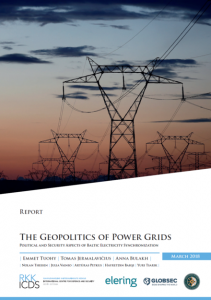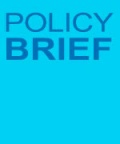A new article “Pan-Eurasian Experiment (PEEX) Program: An Overview of the First 5 Years in Operation and Future Prospects”, co-authored by Professor Veli-Pekka Tynkkynen, was published in the journal “GEOGRAPHY, ENVIRONMENT, SUSTAINABILITY”.
The Pan-Eurasian Experiment (PEEX) program was initiated as a bottom-up
approach by the researchers coming from Finland and Russia in October 2012. The PEEX
China kick off meeting was held in November 2013. During its five years in operation,
the program has established a governance structure and delivered a science plan for the
Northern Eurasian region. PEEX has also introduced a concept design for a modelling
platform and ground-based in situ observation systems for detecting land-atmosphere
and ocean-atmosphere interactions. Today, PEEX has an extensive researcher’s network
representing research communities coming from the Nordic countries, Russia and China.
PEEX is currently carrying out its research activities on a project basis, but is looking
for more coordinated funding bases, especially in Russia and in China. The near-future
challenge in implementing the PEEX research agenda is to achieve a successful integration
and identification of the methodological approaches of the socio-economic research to
environmental sciences. Here we give insight into these issues and provide an overview
on the main tasks for the upcoming years.
Read the full article on the journal’s website.









